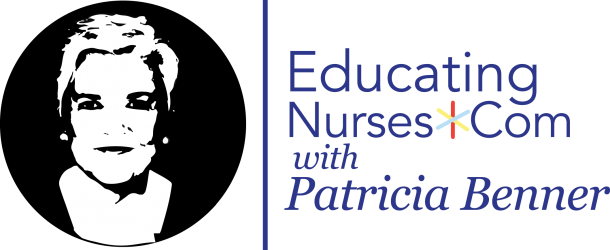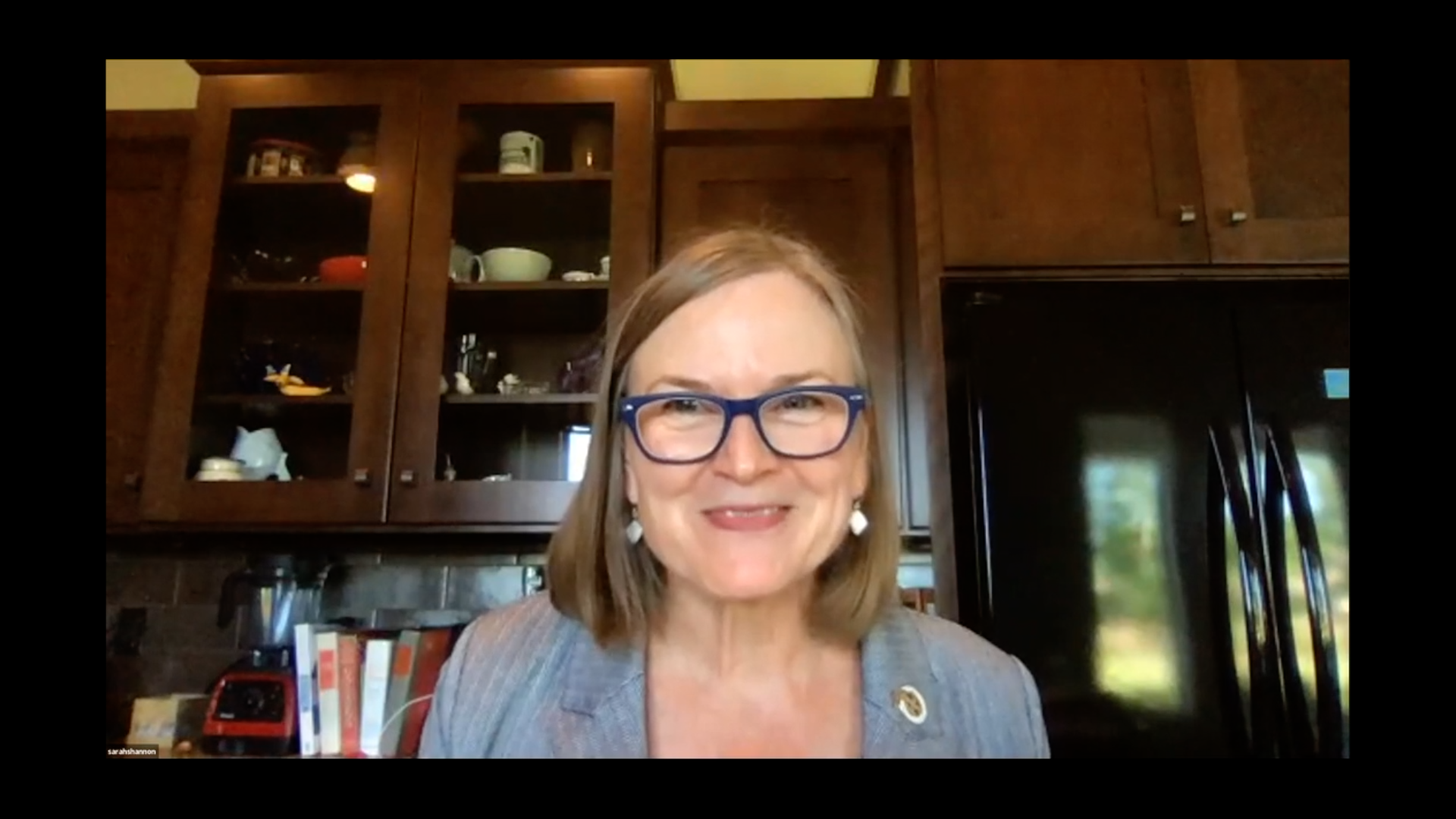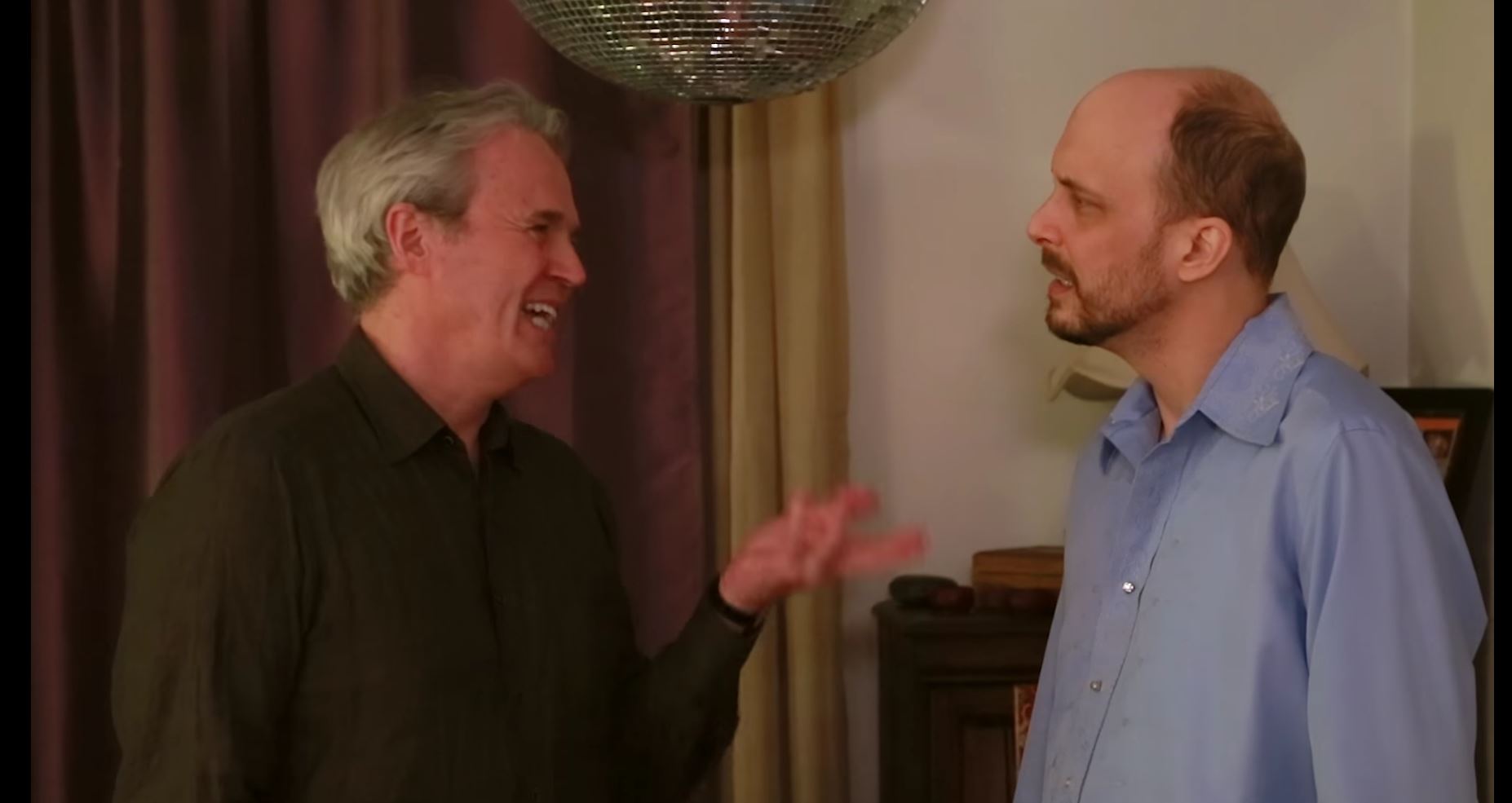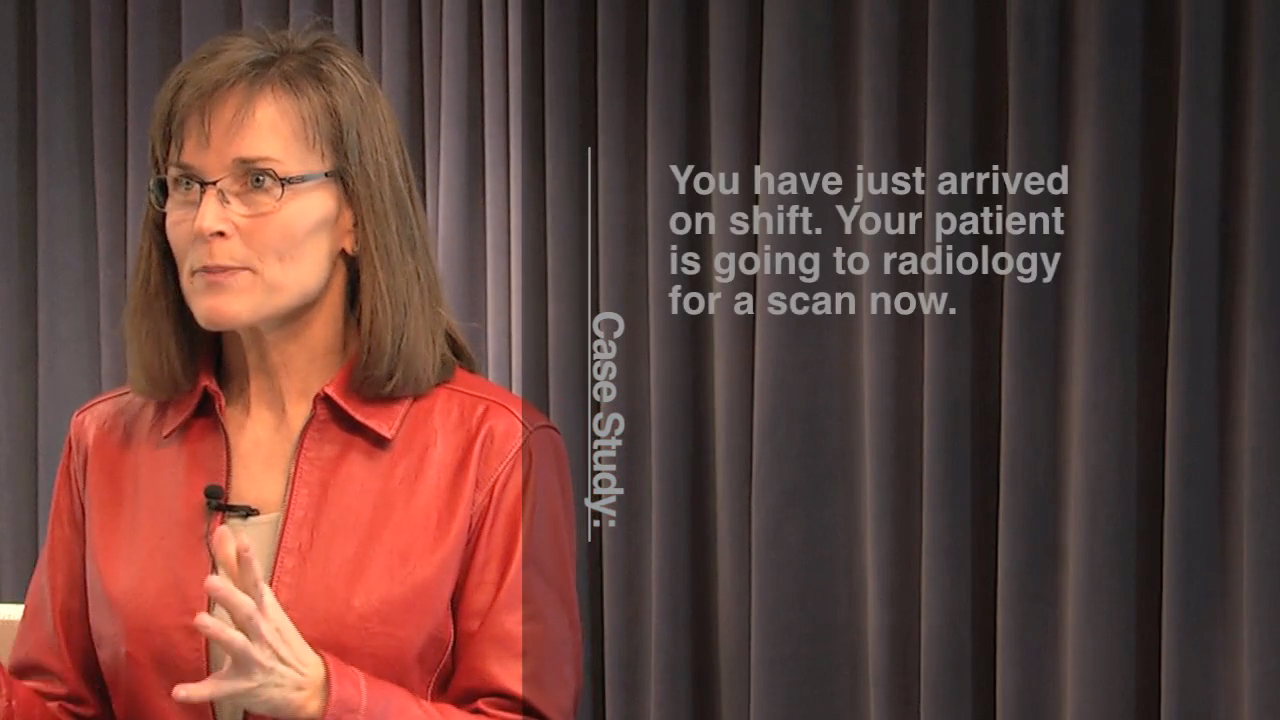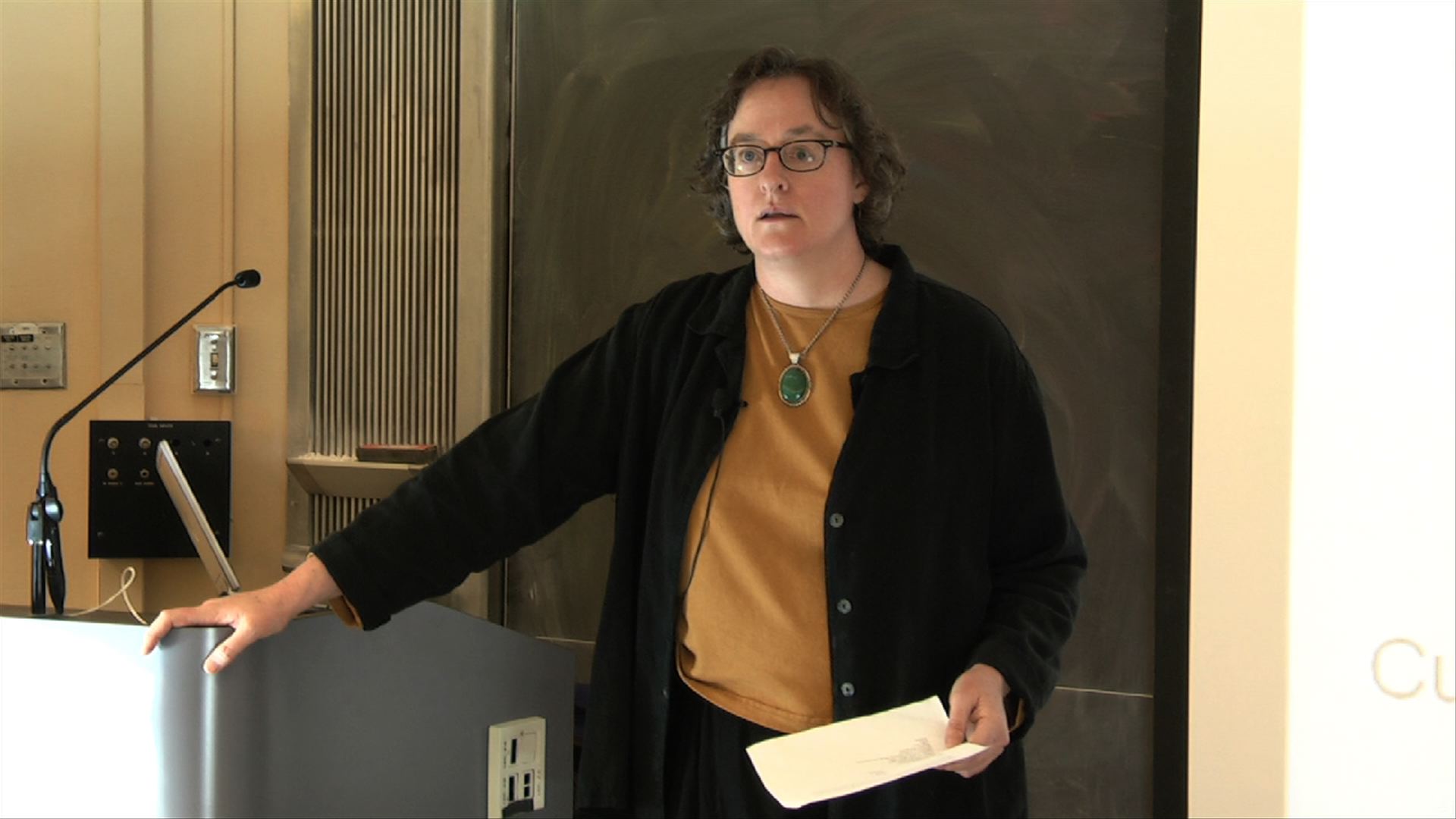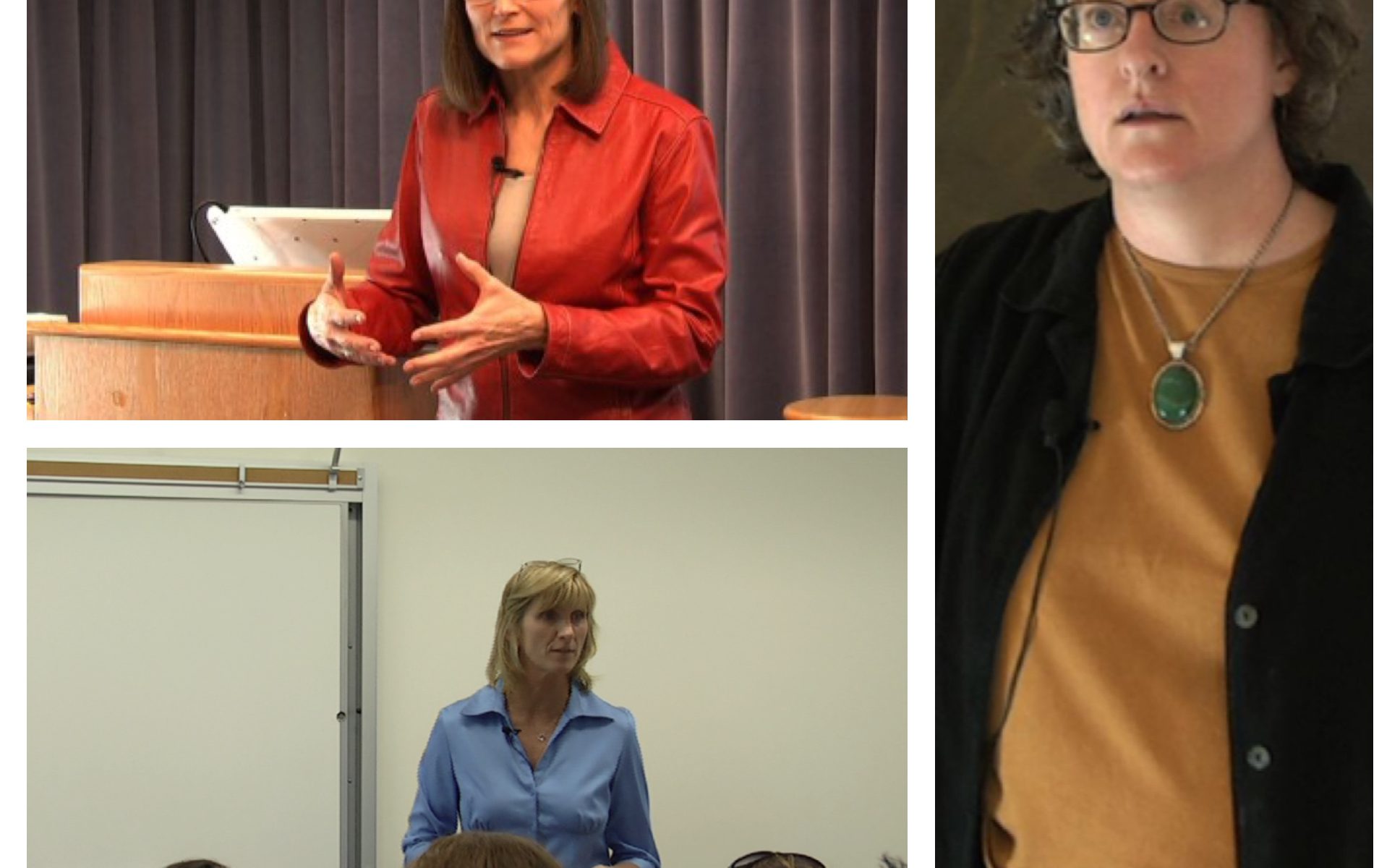An Introduction to Classroom Discussion Triggers
by Patricia Benner, copyright 1-30-2015 In honor and appreciation for my Mentor in Nursing Education, Dr. Rheba De Tornay, and with encouragement and examples from Dr. Sarah Shannon at University of Washington, I am introducing the Pedagogical Strategy of “Discussion Triggers”, a provocative, often dramatic introduction to a topic for discussion, inquiry, and problem-solving. As …
Continue reading “An Introduction to Classroom Discussion Triggers”
